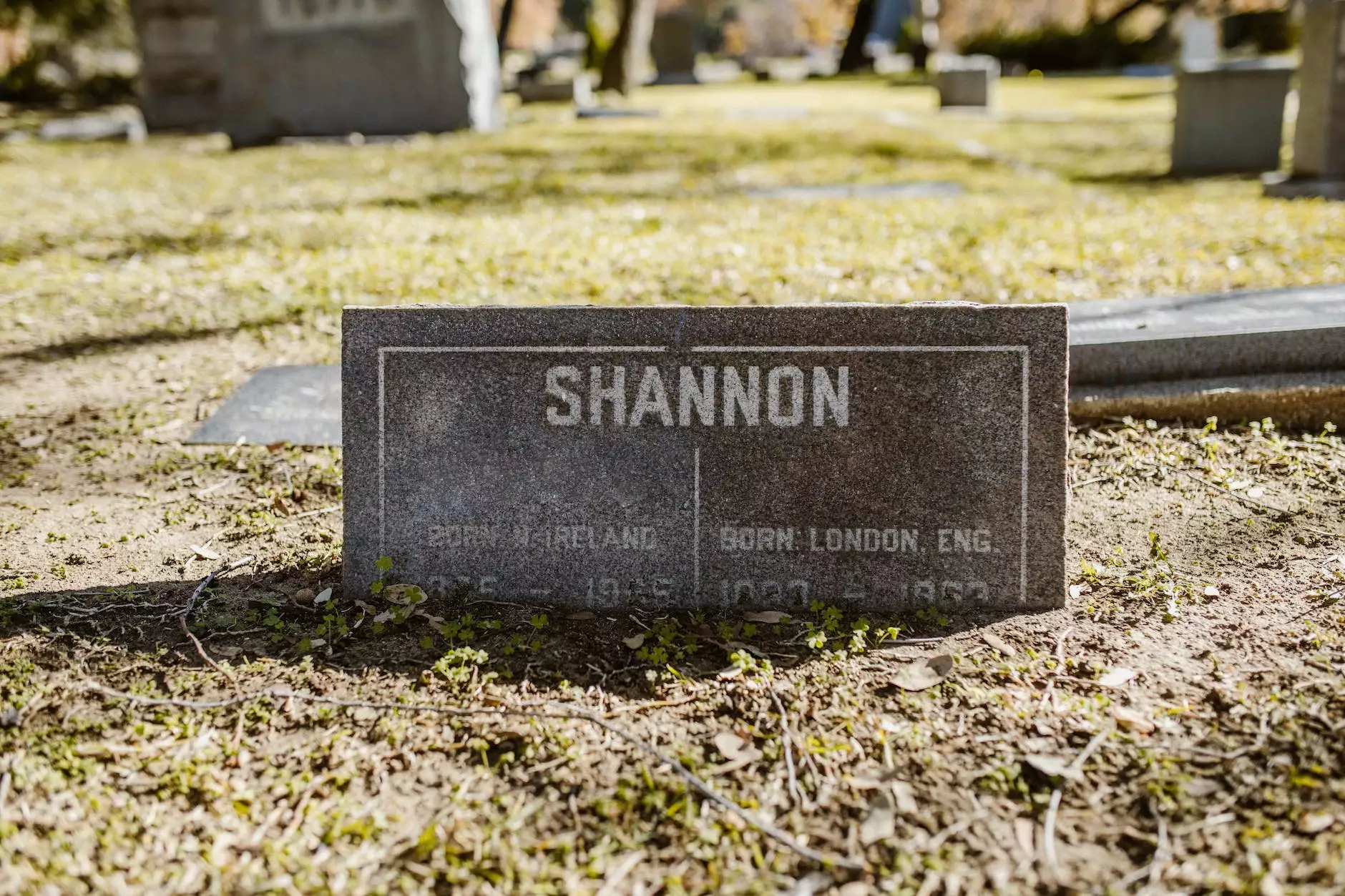Paralysis After Injury - Understanding the Legal Implications
Personal Injury
An Overview of Paralysis After Injury
Paralysis is a life-altering condition that can result from various injuries. When an individual experiences paralysis due to an accident or negligence, it is essential to understand the legal implications involved. At John Hugh Shannon, we aim to provide comprehensive information and legal expertise to help you navigate through this challenging situation.
Types of Paralysis
1. Quadriplegia
Quadriplegia, also known as tetraplegia, refers to paralysis that affects all four limbs and the torso. It typically occurs when there is an injury to the spinal cord in the neck region. Victims of quadriplegia often face significant physical limitations and may require lifelong medical care and assistance.
2. Paraplegia
Paraplegia is a type of paralysis that affects the lower extremities. It occurs when there is an injury to the spinal cord below the neck. Individuals with paraplegia often experience difficulties with mobility and may require the use of assistive devices such as wheelchairs.
3. Hemiplegia
Hemiplegia is a type of paralysis that affects one side of the body, typically resulting from an injury to the brain or nerves controlling that side. It can cause significant challenges in daily activities and may require specialized rehabilitation and therapy.
The Legal Process
When dealing with paralysis after an injury, it is crucial to understand the legal process involved in pursuing compensation. At John Hugh Shannon, our experienced legal team specializes in handling paralysis cases and can guide you through each step of the process.
1. Case Evaluation
During the initial consultation, our team will evaluate the details of your case, including the cause of the injury, the extent of paralysis, and the potential liability of the responsible party. This evaluation helps us determine the merits of your case and develop a strong legal strategy.
2. Gathering Evidence
To strengthen your case, we will collect relevant evidence such as medical records, witness statements, accident reports, and expert opinions. This comprehensive approach ensures that all necessary evidence is presented to support your claim.
3. Expert Consultation
In cases of paralysis, expert medical opinions play a crucial role. We work closely with reputable medical professionals and specialists to ensure a clear understanding of the impact of the injury, long-term prognosis, and estimated future costs, including medical and rehabilitative needs.
4. Negotiations and Settlement
Our legal team has extensive experience in negotiating fair settlements on behalf of our clients. We strive to ensure that you receive the full and just compensation you deserve, covering medical expenses, lost wages, pain and suffering, and future care needs.
5. Litigation if Necessary
If a fair settlement cannot be reached through negotiations, we are prepared to go to court to fight for your rights. Our skilled litigators will advocate for you in the courtroom, presenting a strong case based on the evidence gathered and expert opinions obtained.
Contact John Hugh Shannon for Legal Support
Dealing with paralysis after an injury is emotionally and physically challenging. By seeking legal guidance from John Hugh Shannon, you can ensure that your legal rights are protected and receive the compensation you deserve. We are committed to providing unparalleled assistance and support throughout the entire process.
Contact us today to schedule a consultation with one of our knowledgeable attorneys who specialize in paralysis cases. We are here to help you understand your legal options and provide guidance every step of the way.










